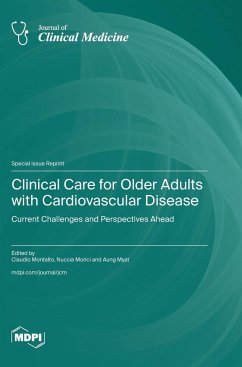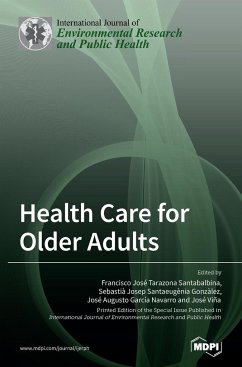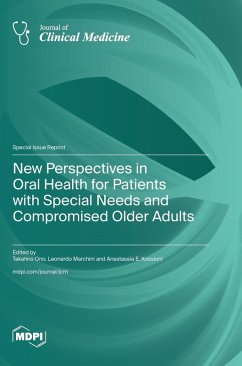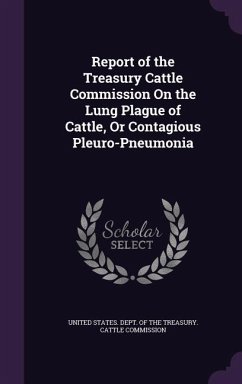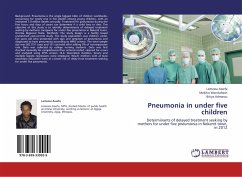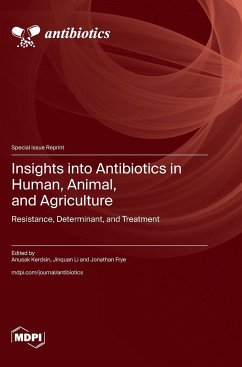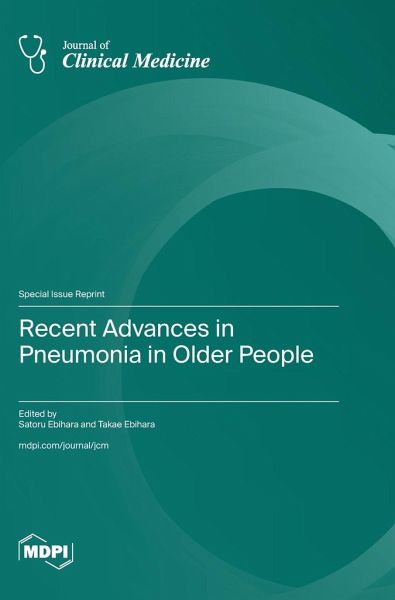
Recent Advances in Pneumonia in Older People
Versandkostenfrei!
Versandfertig in 1-2 Wochen
61,99 €
inkl. MwSt.

PAYBACK Punkte
31 °P sammeln!
Despite the development of strong antibiotics, deaths from pneumonia are rapidly increasing due to population ageing. Since pneumonia deaths mainly affect older people, to overcome them, we should focus not only on pathogens, but also on host defense. Pathogens range from bacteria to viruses and unknown, emerging infectious diseases. Host defense includes not only immune function, but also physical function and other physiological functions. Geriatric functional declines, such as sarcopenia, dysphagia, dystussia, and frailty, play pivotal roles in the development of pneumonia in older people. ...
Despite the development of strong antibiotics, deaths from pneumonia are rapidly increasing due to population ageing. Since pneumonia deaths mainly affect older people, to overcome them, we should focus not only on pathogens, but also on host defense. Pathogens range from bacteria to viruses and unknown, emerging infectious diseases. Host defense includes not only immune function, but also physical function and other physiological functions. Geriatric functional declines, such as sarcopenia, dysphagia, dystussia, and frailty, play pivotal roles in the development of pneumonia in older people. Therefore, in addition to pathogen-oriented therapy, function-oriented therapy emerges as the remedy for pneumonia in older people. Comprehensive approaches with a multidisciplinary team are also important. This Special Issue reveals the importance of skeletal muscle and interdisciplinary approaches in pneumonia in older people. Impaired pharyngeal sensitivity results in delays in triggering the swallowing reflex, which is the most serious problem caused by dysphagia. Ageing weakens pharyngeal sensitivity by affecting sensory receptors, the peripheral nervous system and microcirculation, resulting in altered detection, reduced sensory conduction and an abnormal efferent response. We believe that other ageing-related deteriorations in sensation are also involved in pneumonia in older people. The relationships between sensation impairment and pneumonia in older people thus become crucial topics for future research.





